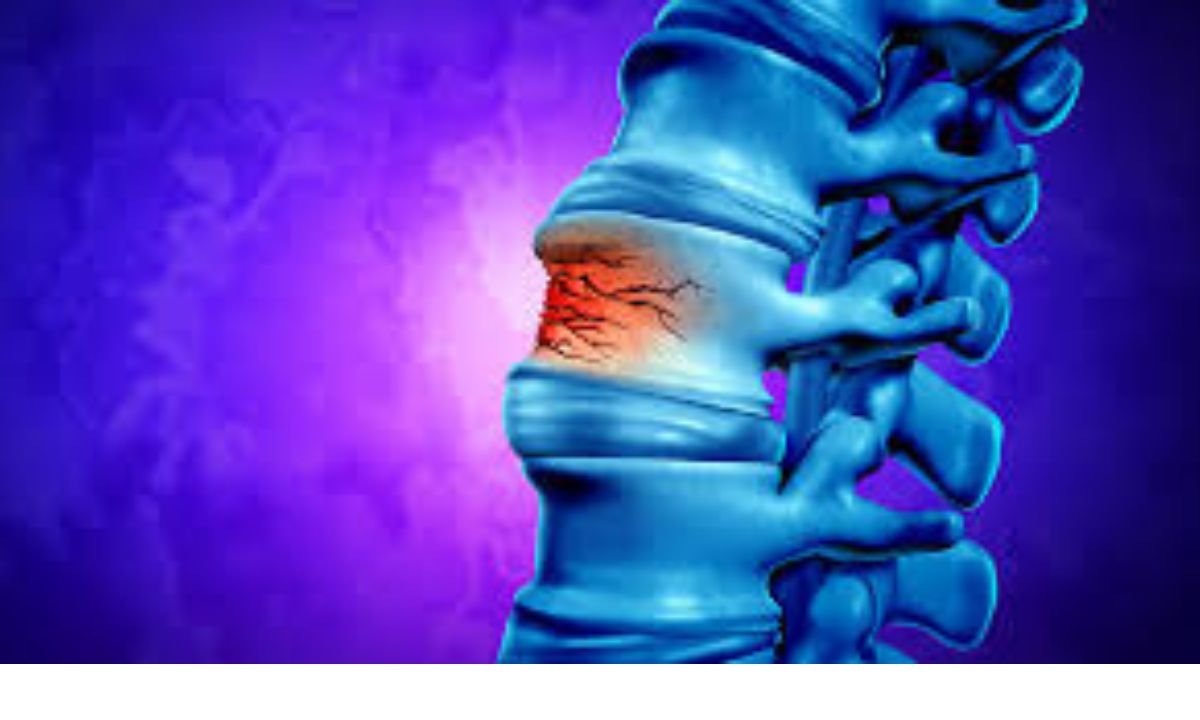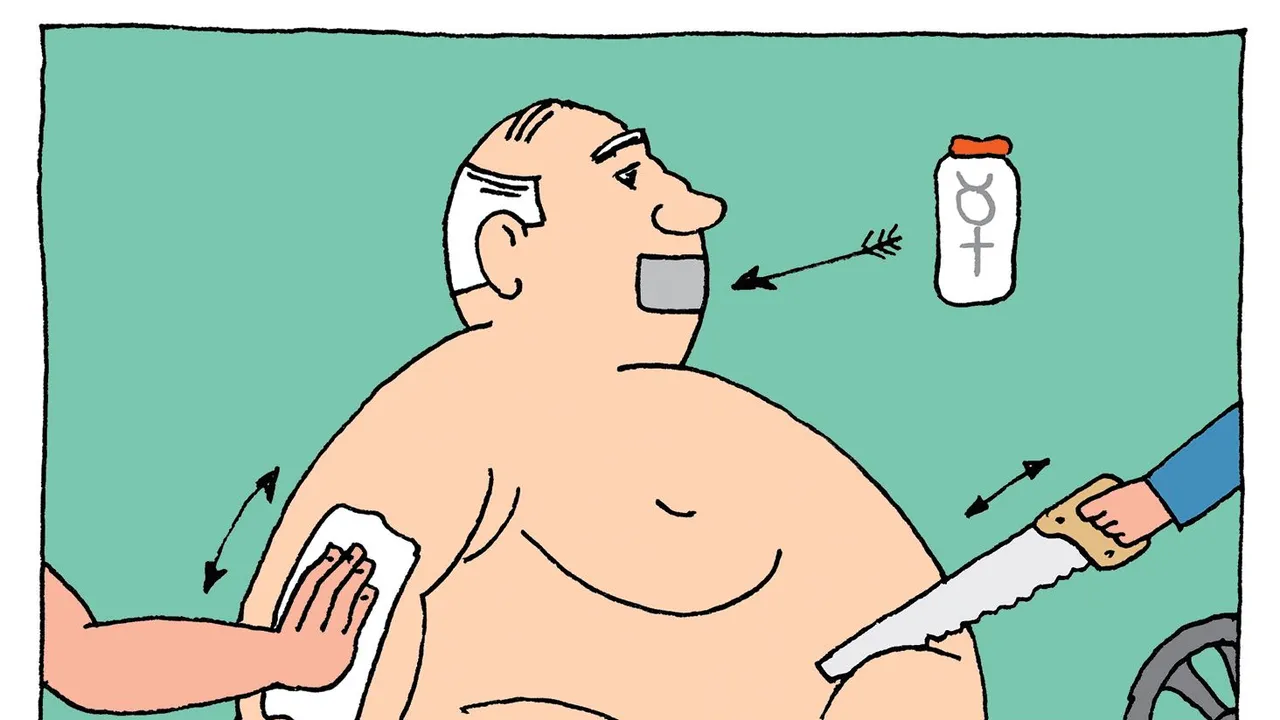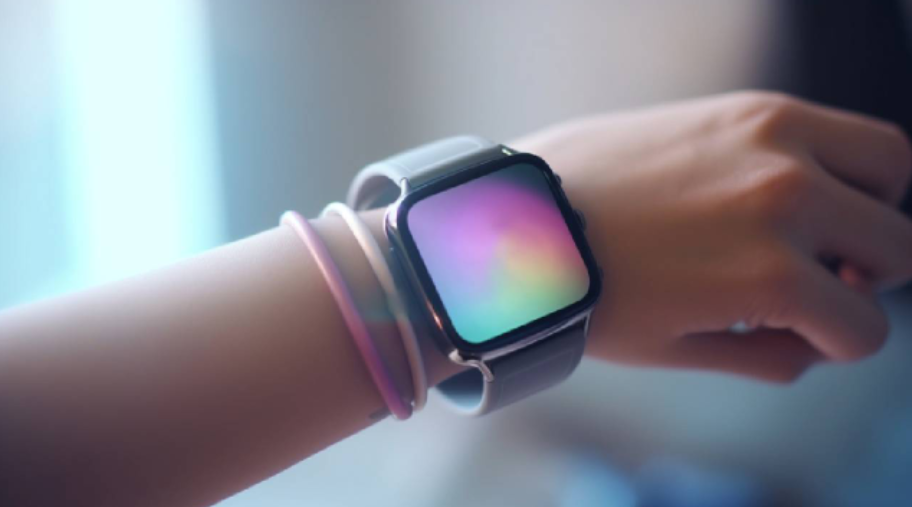Your smile isn’t just about having a pretty face. It’s a gateway into your holistic health. This makes it crucial to maintain good oral hygiene.
However, the rampant misinformation about dental care can lead you astray and compromise your efforts. From misguided brushing techniques to misconceptions about dietary choices, these fallacies can be detrimental to your pearly whites.
According to the Centers for Disease Control and Prevention (CDC), over 25% of adults in the United States fail to treat their tooth decay. This has cost the US economy over $45 billion in lost productivity. Moreover, nearly 50% of adults over the age of 30 show symptoms of gum disorders. In fact, 9% of the adult US population has severe gum issues.
These disturbing statistics underline the necessity of promoting proper dental care. In this blog post, we’ll address five common dental health myths to help you identify fact from fiction.
#1. Brushing Harder Means Better Cleaning
Many believe brushing harder will remove the plaque and keep their teeth cleaner. However, this reckless approach can destroy tooth enamel and irritate the gums.
Think of brushing your teeth like washing delicate fabric. You wouldn’t scrub it vigorously with a rough brush. The same goes for your teeth. Instead, dentists advise using a soft-bristled toothbrush and subtle circular strokes to brush your teeth to avoid any harm.
Focus on proper technique, and let the toothpaste do its job of strengthening your enamel.
#2. Any Toothpaste Is Safe for Your Teeth
While most toothpaste brands are generally safe for your teeth, not all are created equal. The pH level of your mouth plays a crucial role in dental health.
When you eat, the bacteria break down food particles, producing acids that lower your mouth’s pH. This acidic environment can weaken tooth enamel, making it more susceptible to decay. This is where toothpaste comes in. Most toothpastes are slightly alkaline, meaning they have a pH over 7. The alkaline nature of toothpaste helps neutralize the acids in your mouth, restoring a healthier pH balance.
However, it’s important to know that some foods and medications are acidic. This upsets the pH balance in your mouth and causes several issues. The most famous example is Suboxone. The drug was used in addiction recovery, and patients had to consume it one to three times per day.
The drug was to be held under the tongue or against the cheek. This meant it came in direct contact with the teeth. However, Suboxone is acidic in nature. It alters your mouth’s pH balance, causes dryness, reduces saliva production, and hinders the mouth’s innate need to regulate acids.
This acidic nature, combined with other factors, has led to reported cases of severe tooth decay and erosion in Suboxone users. Due to the severity of these dental issues, many individuals have sought legal recourse, resulting in the Suboxone tooth decay lawsuit.
This lawsuit highlights the importance of understanding all potential side effects of medications, even those seemingly unrelated to oral health. If you or a loved one are victims of Suboxone side effects, TorHoerman Law highlights the importance of eligibility to file a Suboxone lawsuit.
Consult a qualified personal injury lawyer to improve your chances of winning the lawsuit.
#3. White Teeth Equal Healthy Teeth
Not all that glitters is gold, and not all white teeth are healthy. Your genes, lifestyle choices, and even aging can affect the color of your teeth.
Perfect and healthy teeth come in shades, from bright white to off-white. Some dental procedures, like bleaching, can whiten your smile, but that doesn’t automatically mean your teeth are healthier. On the contrary, overusing teeth-whitening products can cause tooth sensitivity, enamel erosion, and gum irritation.
Always follow your dentist’s and the manufacturer’s instructions, and limit these treatments to the recommended frequency. Instead, focus on maintaining good oral hygiene and regular dental checkups, not just chasing a Hollywood smile.
#4. Sugar-Free Candies and Sodas Are Tooth-Friendly
While sugar indirectly harms your teeth, its alternative, ‘sugar-free’ isn’t any better.
Many sugar-free candies and sodas contain strong additives like citric or phosphoric acid. These acids can erode your tooth enamel like sugar, leading to tooth sensitivity and decay over time. Even sugar-free candies sweetened with xylitol, marketed as beneficial for oral health, often contain other acidic ingredients.
So, while the occasional sugar-free treat might be okay, don’t be fooled into thinking they’re completely harmless for your teeth. Moderation and good oral hygiene remain key, even with sugar-free options.
#5. Fluoride-free Toothpaste is Better
Fluoride toothpaste has long been praised for its ability to strengthen enamel and prevent cavities. However, some people prefer fluoride-free options due to concerns about potential side effects or simply wanting a more natural approach.
Fluoride toughens the enamel, making it more resilient against acid attacks that cause cavities and tooth decay. However, undue fluoride exposure can result in fluorosis, causing staining or pitting of the teeth. Moreover, some individuals also have an intolerance to fluoride.
Fluoride-free toothpaste eliminates these risks. The key is moderation. Look for toothpaste with the recommended fluoride levels and avoid ingesting large amounts. If you have concerns, consider using fluoride-free toothpaste with remineralizing agents like nano-hydroxyapatite, calcium phosphate, or xylitol. These compounds help toughen enamel and prevent cavities.
Ultimately, the choice between fluoride and fluoride-free toothpaste is personal. Consult a dentist to discuss the right approach for your needs and oral health goals.
Frequently Asked Questions
Q1. Can Certain Foods Naturally Whiten My Teeth?
Fruits and veggies like apples, carrots, and celery can act as natural scrubbers, helping remove surface residue. They also improve saliva production, which helps scrub food crumbs and bacteria.
However, they won’t replace good oral habits or professional teeth-whitening treatments for stubborn stains.
Q2. Can Brushing Immediately After Eating Acidic Foods Help Prevent Enamel Erosion?
No, brushing right after ingesting acidic foods or drinks can make things worse. Acid weakens enamel, and brushing can damage it. It’s wise to rinse with water and wait at least half an hour before brushing.
Q3. Are Dental Sealants Effective in Preventing Cavities in Adults?
Yes, dental sealants can be beneficial for adults, not just children. They act as a protective barrier against cavities and can be applied to molars or other teeth with deep grooves and pits prone to decay.
In conclusion, don’t let these dental myths brush you the wrong way. By understanding the facts and prioritizing good oral hygiene habits, you can make informed decisions about your oral care routine.
Remember, maintaining good oral hygiene, regular dental check-ups, and being mindful of your dietary and lifestyle choices are the keys to keeping your pearly whites in top condition. For queries or concerns, a dentist is the best source for personal support and care. With the proper guidance and care, you can keep your smile fresh and your teeth strong for years.











